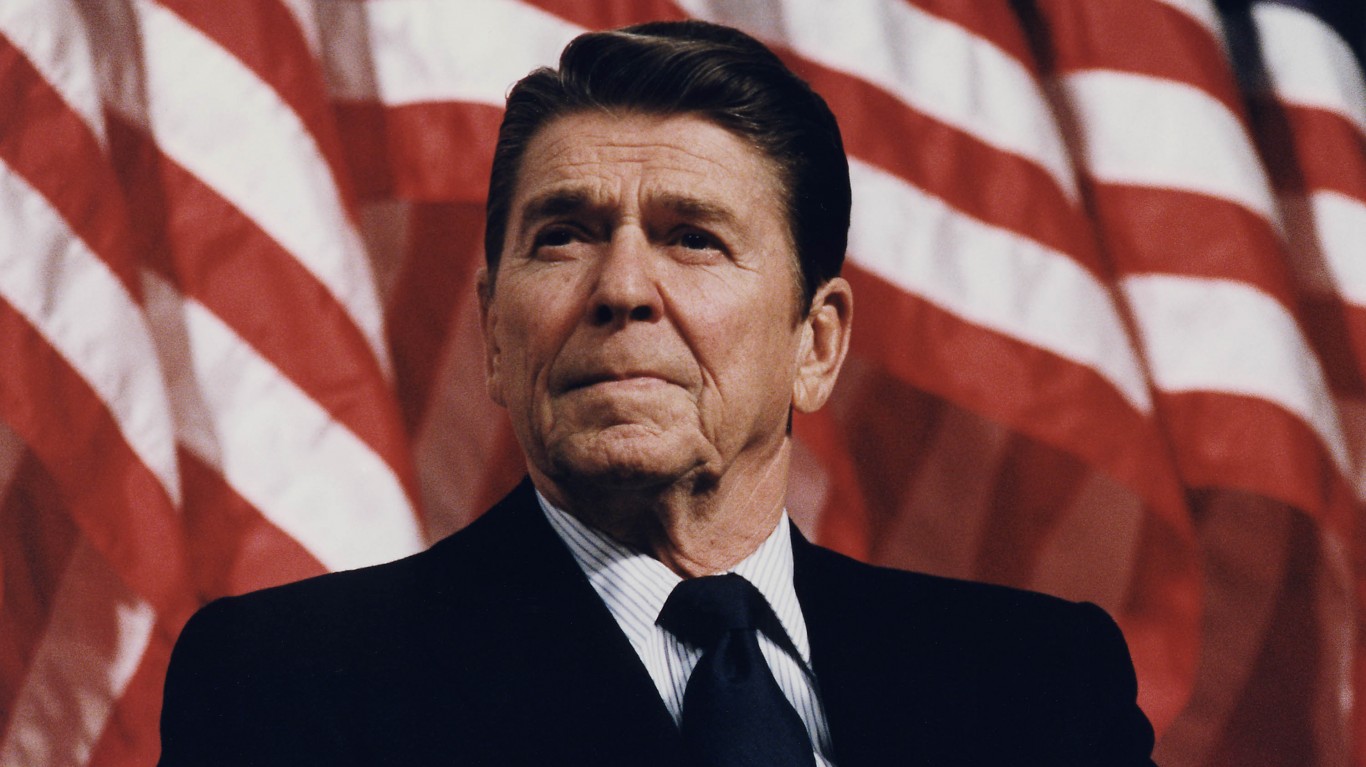
The debate over the minimum wage Americans should be paid has been heated at least since the federal government last raised it in 2009 to $7.25. Some economists argued then that the number was not high enough to keep workers above the poverty level, and 11 years later that case has been made with greater strength.
Twenty states will raise their minimum wages on January 1. Among others, California, Connecticut, Illinois, Maryland, Massachusetts, New Jersey and New York are on the way to move their minimum wages to $15 an hour, in most cases in steps. The highest minimum wages in the New Year will be California’s $14, and Washington’s will be at $13.69.
The arguments against the minimum wage generally revolve around the ability of employers to afford higher employee expenses. The logic is that if companies with small margins have to pay higher wages, they will need to lay off people. Fewer people make more money. On balance, it is better to pay $7.25 and have full employment. There is no evidence to support this, but neither is there any that it is categorically incorrect.
The pressure to pay a higher minimum wage has been placed aggressively on large companies. Some, like and Amazon, have raised minimum wages to $15. That is insufficient, however, according to critics. This is based on calculations that a $15 an hour wage is not enough to keep a family of four above the poverty line.
Twenty-one states continue to have minimum wages the same as the national number. They are Alabama, Georgia, Idaho, Indiana, Iowa, Kansas, Kentucky, Louisiana, Mississippi, New Hampshire, North Carolina, North Dakota, Oklahoma, Pennsylvania, South Carolina, Tennessee, Texas, Utah, Virginia, Wisconsin, and Wyoming.
Draw a line south of the Mason-Dixon line, in addition to a circle around the Midwest and the Plains States, and it captures most of the states on the list.
Get Ready To Retire (Sponsored)
Start by taking a quick retirement quiz from SmartAsset that will match you with up to 3 financial advisors that serve your area and beyond in 5 minutes, or less.
Each advisor has been vetted by SmartAsset and is held to a fiduciary standard to act in your best interests.
Here’s how it works:
1. Answer SmartAsset advisor match quiz
2. Review your pre-screened matches at your leisure. Check out the advisors’ profiles.
3. Speak with advisors at no cost to you. Have an introductory call on the phone or introduction in person and choose whom to work with in the future
Thank you for reading! Have some feedback for us?
Contact the 24/7 Wall St. editorial team.



